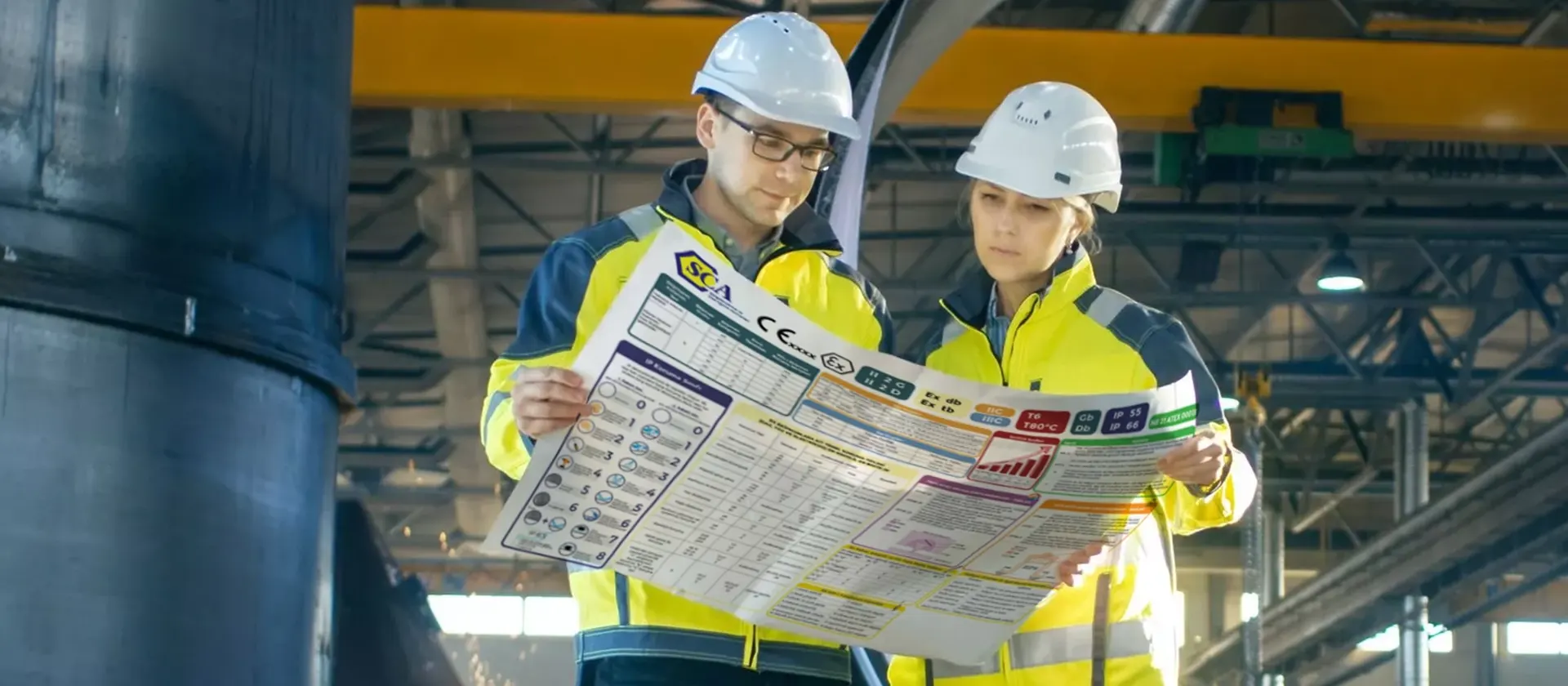ISO 6892 Tensile Testing of Metallic Materials for Certification
The ISO 6892 standard is one of the most widely recognized standards in material testing, specifically designed to provide a comprehensive approach to tensile testing of metallic materials. This service ensures that the mechanical properties of metals meet stringent quality and safety requirements as specified by the international community.
ISO 6892 applies to tensile tests conducted on metallic materials such as steels, aluminum alloys, brasses, bronzes, titaniums, and other similar alloys. The standard specifies procedures for conducting tensile tests under specific conditions that are crucial for ensuring product integrity across various industries including automotive, aerospace, construction, and manufacturing.
For quality managers and compliance officers involved in the production of high-strength materials, this service is essential to verify that products meet international standards. Compliance with ISO 6892 ensures that manufacturers can confidently market their products as meeting recognized global specifications, which is crucial for maintaining competitive advantage and market access.
The testing process involves subjecting a metallic specimen to controlled tensile loading until fracture occurs. This allows the determination of key mechanical properties such as yield strength, ultimate tensile strength (UTS), elongation at break, and reduction in area—all critical parameters that ensure product reliability and safety.
Before conducting the test, careful preparation is necessary. Specimens must be cut from production lots or batches to accurately represent the material being tested. The geometry of the specimen, such as its dimensions and shape, plays a significant role in the test results. Properly prepared specimens are essential for accurate measurement and interpretation of the tensile properties.
The testing equipment used should comply with ISO 6892 requirements to ensure consistent and reliable results. This includes hydraulic or electric servo-controlled machines capable of applying controlled loading rates, typically ranging from 0.5 mm/min up to the maximum rate specified for the material being tested. The machine must also have a capacity sufficient to handle the expected loads without distortion.
The test procedure involves clamping the specimen into the testing machine and applying a predefined load at a constant rate until fracture occurs. Throughout the process, continuous monitoring of the applied force and corresponding extension is performed using strain gages or other appropriate sensors. Data collected during this period is crucial for determining key mechanical properties.
The results obtained from these tests are then analyzed according to ISO 6892 criteria to ensure compliance with specified limits. Compliance officers must review these results regularly to maintain quality control and ensure adherence to international standards. This service not only helps in achieving regulatory compliance but also enhances the reputation of the manufacturer by demonstrating a commitment to excellence.
Understanding the context within which ISO 6892 operates is important for fully appreciating its significance. In metallurgy, tensile testing plays a crucial role in identifying how materials behave under stress conditions. For instance, in automotive manufacturing, ensuring that components like bolts and nuts meet strict tensile strength requirements can prevent failures during vehicle operation.
The importance of this service extends beyond the immediate production process; it contributes to long-term reliability and safety. Aerospace manufacturers rely on tensile testing results to verify that fasteners used in aircraft structures are capable of withstanding extreme conditions without failing. Similarly, construction companies use these tests to ensure structural integrity of components like reinforcing bars.
By adhering to ISO 6892 standards, organizations can enhance their reputation among customers and stakeholders by demonstrating a commitment to maintaining the highest quality standards. This service supports continuous improvement initiatives aimed at reducing defects and improving overall product performance. Furthermore, it fosters trust between suppliers and buyers, ensuring smooth supply chain operations.
Applied Standards
| Standard Number | Description |
|---|---|
| ISO 6892-1:2013 | Tensile testing of metallic materials – Part 1: Method of test for tensile testing at ambient temperature. |
| ISO 6892-2:2014 | Tensile testing of metallic materials – Part 2: Test methods for low-temperature tensile testing. |
| ISO 6892-3:2007 | Tensile testing of metallic materials – Part 3: Test methods for high-temperature tensile testing up to and including the melting point. |
The table above provides an overview of some key parts of ISO 6892, each addressing different aspects of tensile testing. Understanding these standards is crucial for ensuring that all tests conducted meet international requirements.
Customer Impact and Satisfaction
The implementation of this service has a profound impact on customer satisfaction within the metallurgy industry. By adhering to ISO 6892, manufacturers can ensure that their products consistently meet or exceed international standards, thereby building trust with customers who rely on these materials for critical applications.
Compliance with these stringent testing protocols demonstrates a company's dedication to quality and reliability, which in turn enhances customer confidence. This is particularly important when dealing with high-risk industries such as aerospace and automotive where component failure could have severe consequences.
Clients benefit from the assurance that they are receiving materials that have been rigorously tested according to recognized international guidelines. This not only improves product quality but also facilitates easier compliance with various regulatory requirements across different regions.
Moreover, successful completion of these tests can lead to improved relationships between suppliers and buyers by fostering a culture of transparency and reliability. Suppliers who invest in this service are more likely to win contracts due to their reputation for delivering high-quality products.
The emphasis on quality assurance through ISO 6892 helps establish long-term partnerships based on mutual respect and shared goals. It enables both parties to focus on innovation rather than just compliance, leading to mutually beneficial outcomes.





